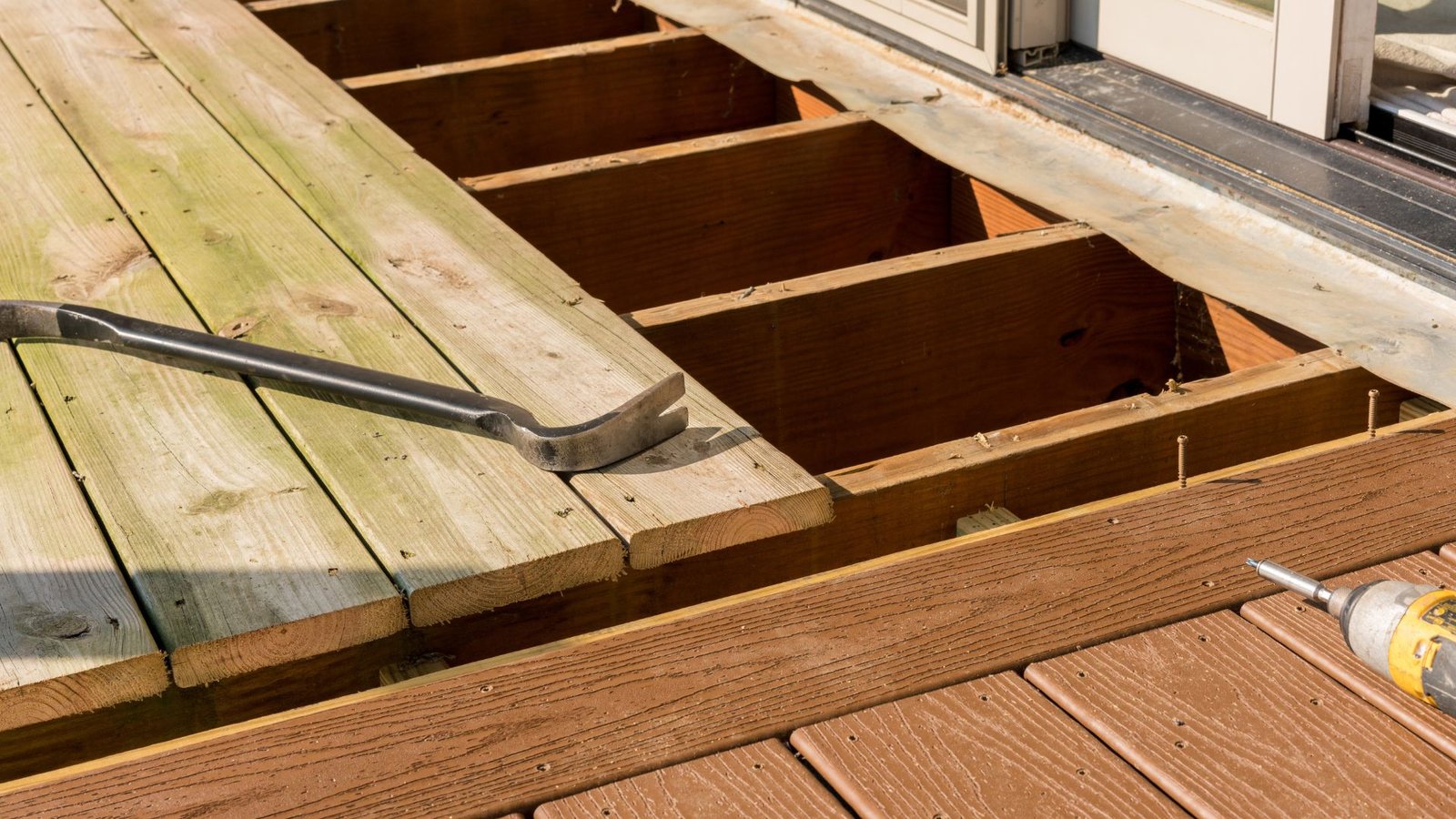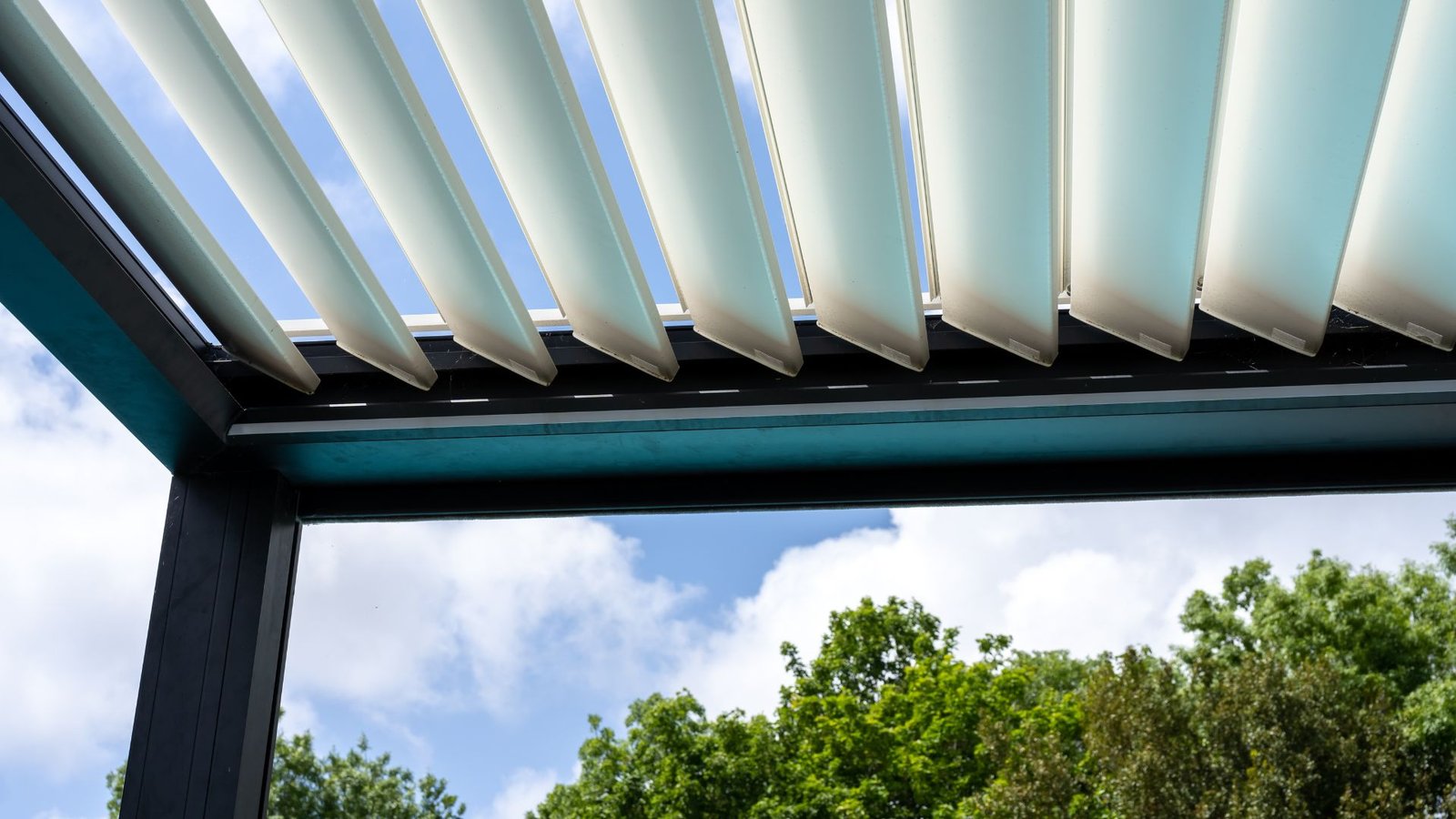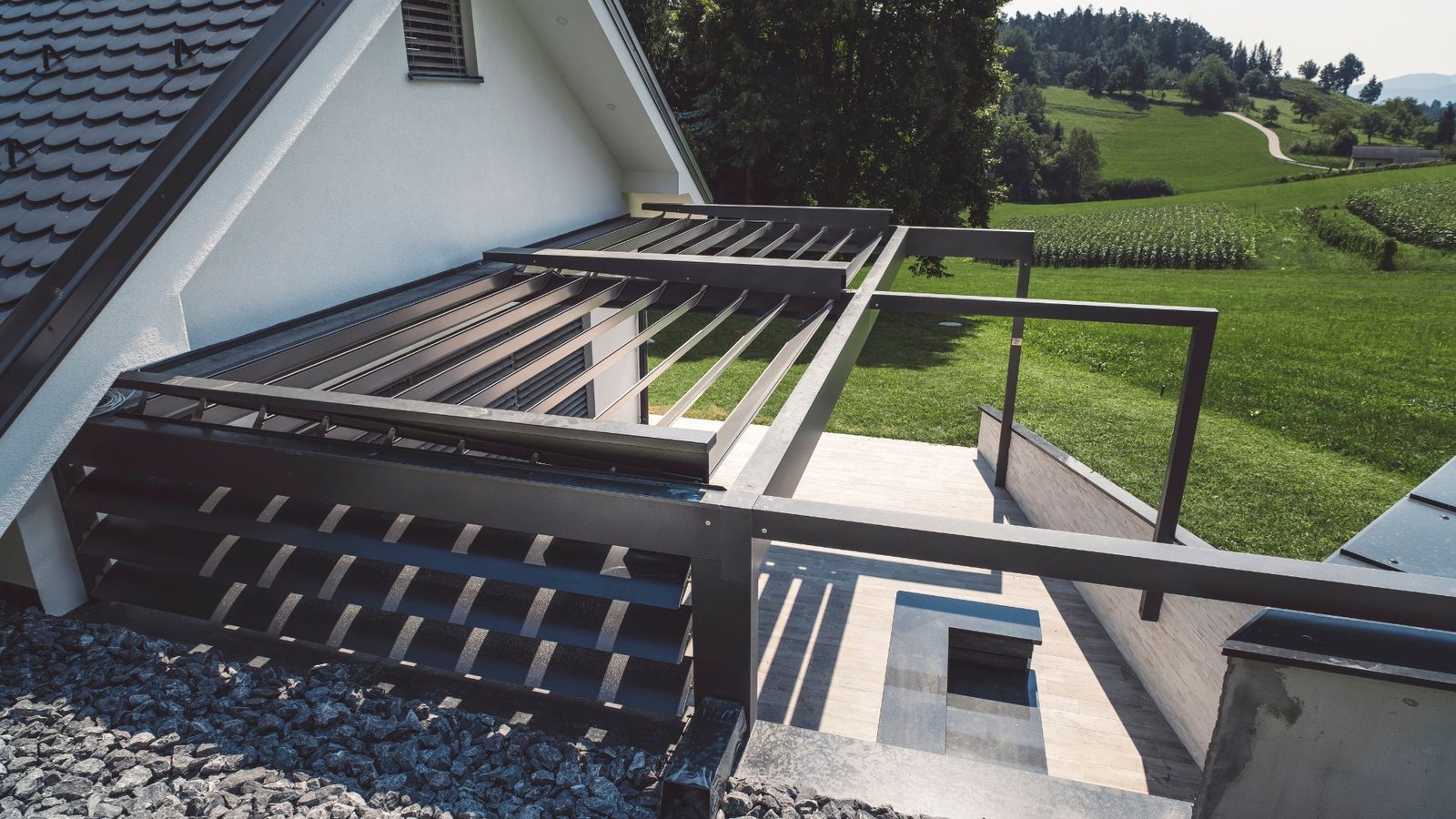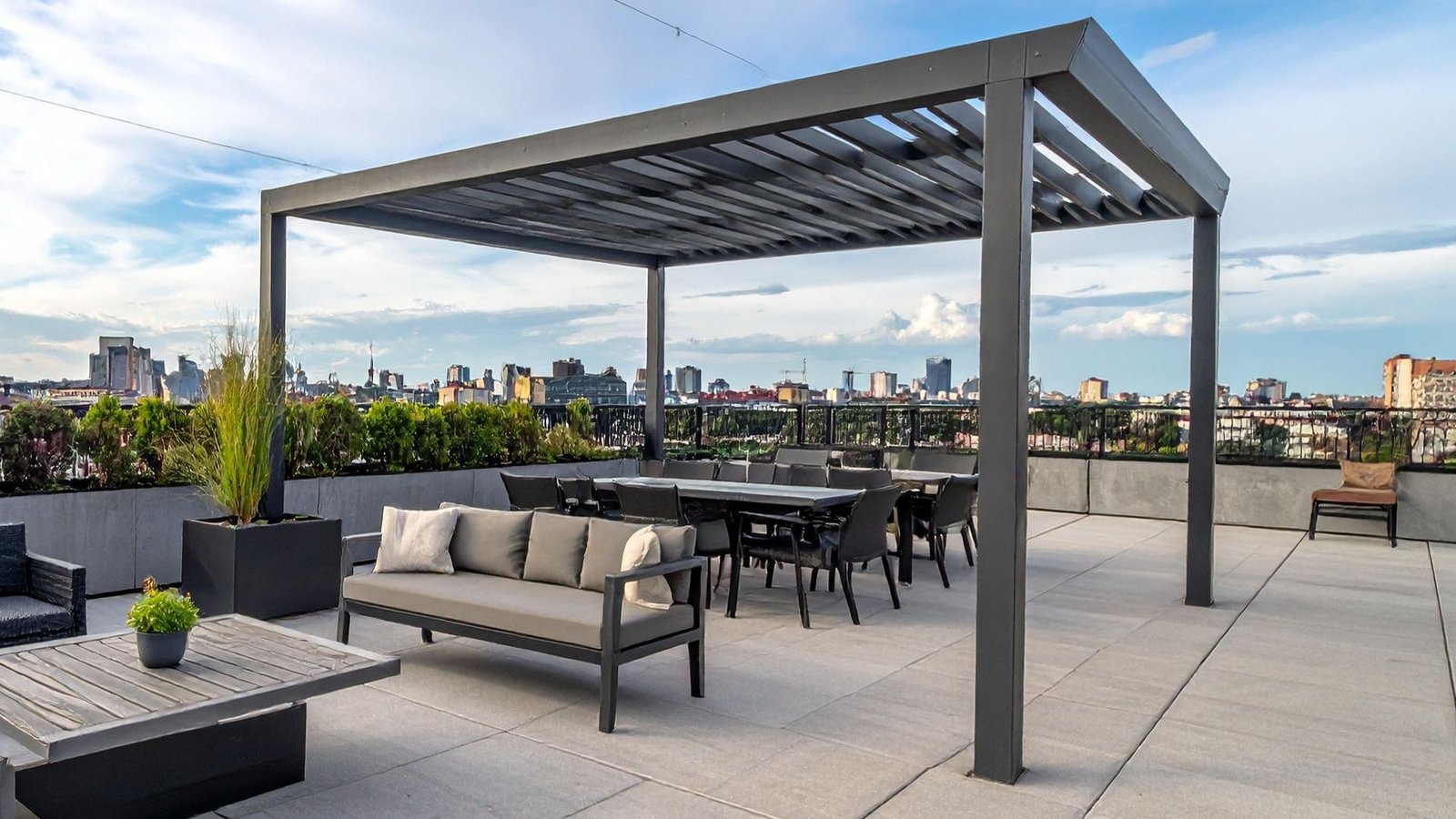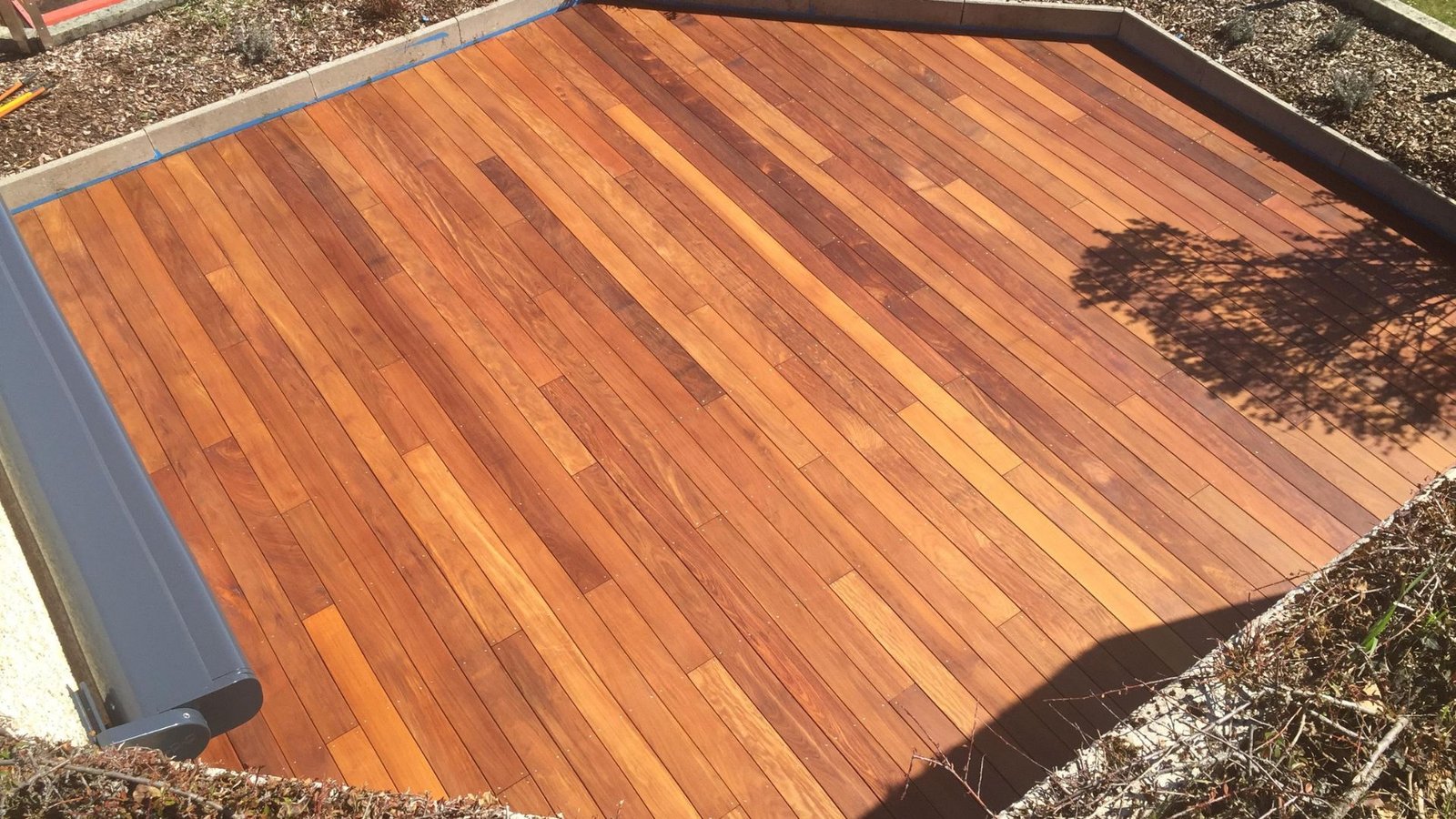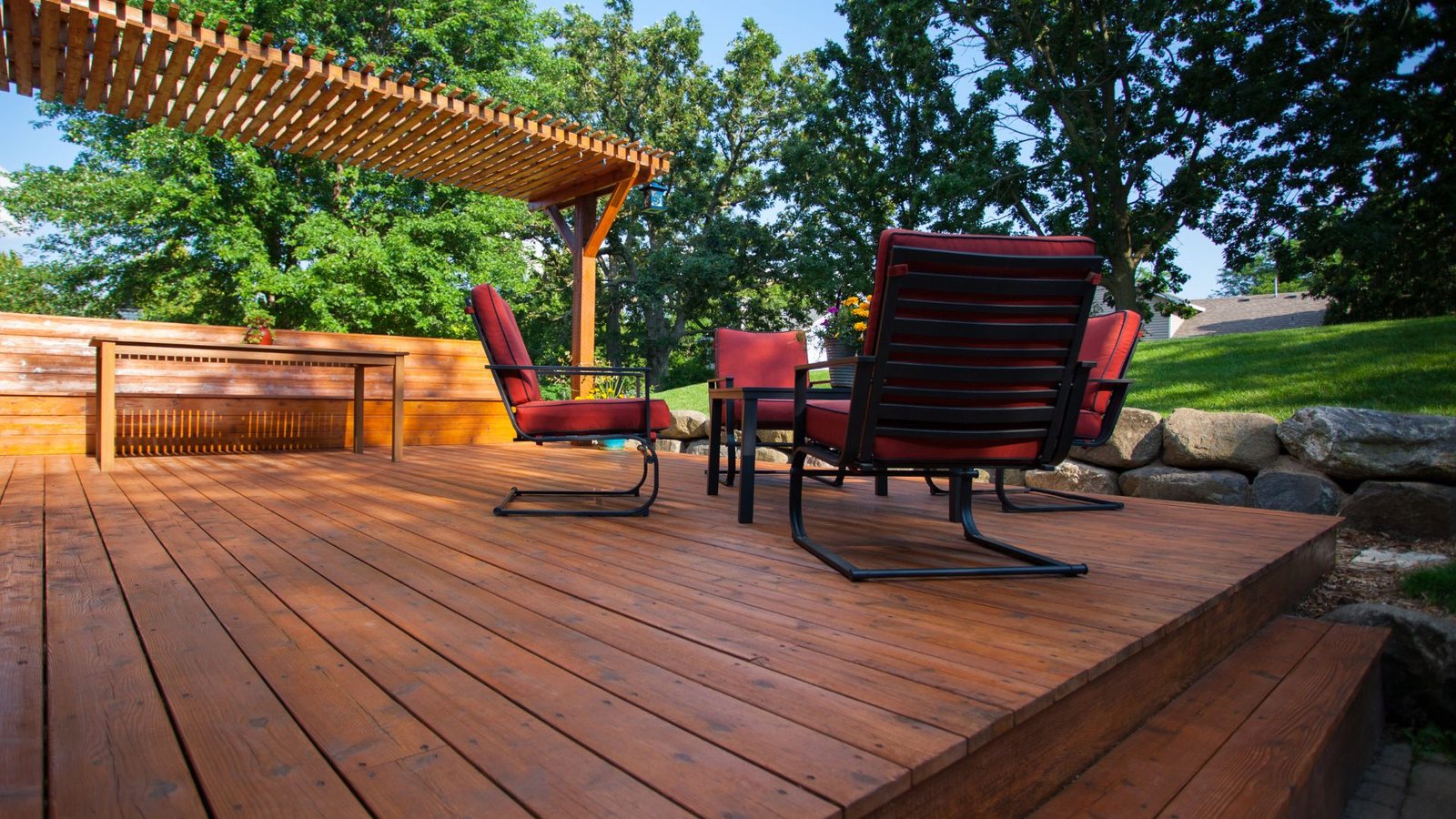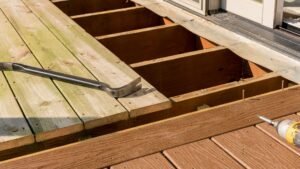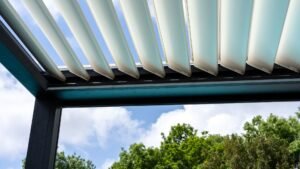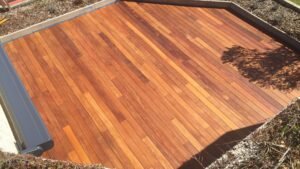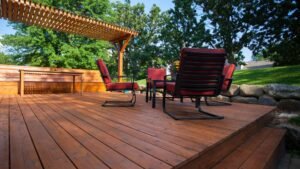Welcome to our comprehensive guide on understanding fencing costs per meter in New Zealand. Whether you’re planning to secure your property, enhance its aesthetic appeal, or create a private oasis, knowing the ins and outs of fencing expenses is crucial. In this post, we’ll delve into the various factors that influence fencing costs, from materials and labor to terrain and design. By the end, you’ll have a clear picture of what to expect and how to make cost-effective choices for your fencing project. So, let’s get started on your journey to finding the perfect fence without breaking the bank!
On average, fencing costs per meter in New Zealand vary depending on the material and design. Wooden fences typically range from $75 to $120 per meter, while metal fences cost between $90 and $150 per meter. Vinyl and composite fences, known for their durability and low maintenance, can cost between $100 and $200 per meter. Factors such as labor, terrain, and additional features also influence the overall cost. For an accurate estimate, consider the specific needs of your project and consult with local fencing professionals.
Table of Contents
Factors Influencing Fencing Costs
Materials
When considering fencing for your property, the type of material you choose is a significant factor in the overall cost. Common fencing materials include wood, metal, and vinyl, each with its pros and cons.
Wood: Wood is a classic choice for fencing and provides a natural and traditional look. It is versatile and can be customized with different stains and paints. However, wood requires regular maintenance to prevent rot and decay.
- Pros: Aesthetic appeal, customization options.
- Cons: High maintenance, susceptible to weather damage.
- Average cost: $75 to $120 per meter.
Metal: Metal fences, including options like aluminum and wrought iron, are known for their durability and strength. They are ideal for security purposes and require less maintenance compared to wood.
- Pros: Durability, low maintenance, security.
- Cons: Higher initial cost, potential for rust (depending on the type of metal).
- Average cost: $150 to $300 per meter.
Vinyl: Vinyl fencing is becoming increasingly popular due to its low maintenance and long-lasting nature. It is available in various styles and colors, making it a versatile option.
- Pros: Low maintenance, weather-resistant, long-lasting.
- Cons: Higher upfront cost, limited customization.
- Average cost: $100 to $200 per meter.
Labor
Labor costs are another crucial aspect that affects the overall expense of installing a fence. You have the option to either undertake the project yourself (DIY) or hire professionals.
DIY: If you have the necessary skills and time, building the fence yourself can save on labor costs. However, it requires a significant investment in time and effort.
- Pros: Cost savings, personal satisfaction.
- Cons: Time-consuming, requires skill and knowledge, potential for mistakes.
- Cost: Minimal, primarily the cost of materials and tools.
Hiring Professionals: Professional fence installers bring expertise and efficiency to the project. They can handle complex installations and ensure the fence is built to last.
- Pros: Professional quality, saves time, ensures compliance with regulations.
- Cons: Higher cost, less personal involvement.
- Cost: Varies, typically $40 to $100 per hour.
Terrain and Location
The terrain and location of your property can significantly influence fencing costs. Challenging terrains, such as rocky ground or steep slopes, require more effort and resources to install a fence.
Challenging Terrains: Installing a fence on uneven or rocky ground may necessitate additional equipment and labor, increasing costs.
- Examples: If your property is on a hill, it might require terracing or additional supports to ensure the fence is stable, leading to higher costs.
Urban vs. Rural Locations: Urban areas may have higher labor costs due to higher living expenses, while rural areas might have lower costs but could incur additional charges for transportation and materials delivery.
- Impact: Urban installations often come with higher labor costs, while rural installations may have additional transport fees.
Height and Design
The height and design of your fence also play a pivotal role in determining the cost. Higher fences and more intricate designs require more materials and labor.
Height: Taller fences provide more privacy and security but cost more due to the increased material required.
- Cost implication: A standard 1.2-meter high fence will be cheaper than a 1.8-meter high fence due to the extra materials and support needed.
Design: Custom designs, such as decorative patterns or lattice tops, increase the aesthetic appeal but also the cost.
- Popular designs: Picket fences, lattice fences, and panel fences are popular choices, each with different cost implications based on their complexity and material used.
Permits and Regulations
In New Zealand, building a fence might require obtaining certain permits and adhering to local regulations. These requirements can add to the overall cost.
Permits: Depending on the height and location of the fence, you may need to apply for a building consent from your local council.
- Potential costs: Application fees for permits vary by region but can range from $200 to $600.
Regulations: Regulations regarding fence height, boundary lines, and materials must be followed to avoid fines or the need to alter your fence post-installation.
- Compliance: Ensuring compliance with local regulations can prevent costly legal issues and modifications in the future.
By understanding these factors, you can better plan and budget for your fencing project, ensuring you choose the best options for your needs and constraints.
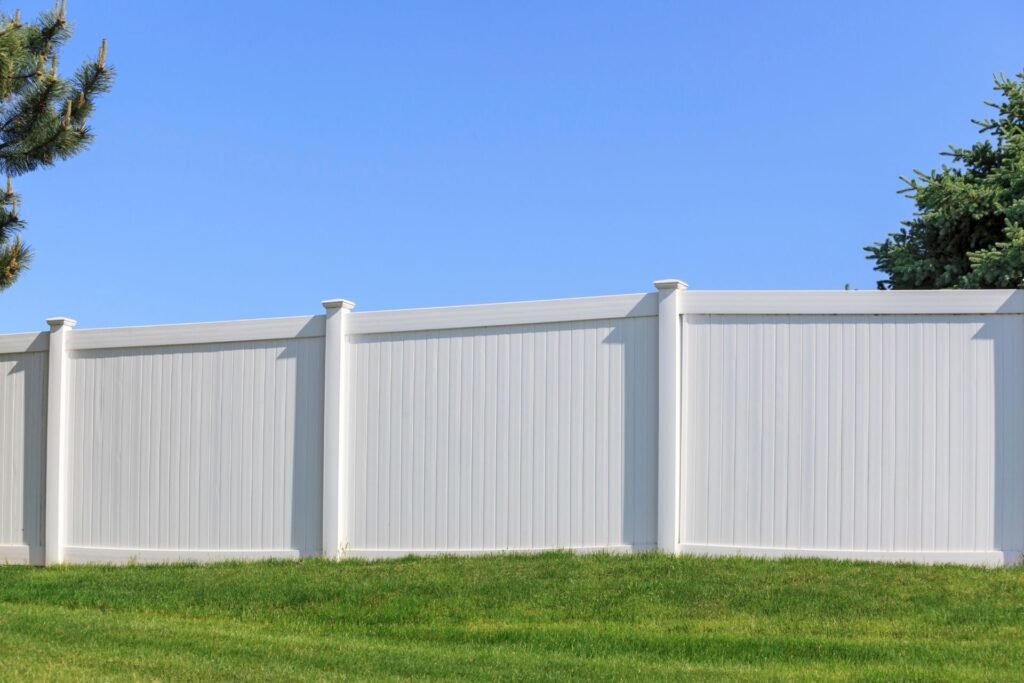
Detailed Cost Breakdown
When planning a fencing project in New Zealand, understanding the detailed cost breakdown is crucial for budgeting accurately. Let’s delve into the various expenses associated with fencing, including material costs, installation costs, and maintenance costs.
Material Costs
Detailed Cost Analysis of Different Materials per Meter
The choice of material significantly influences the overall cost of your fence. Here’s a detailed analysis of the costs associated with different fencing materials:
1. Timber Fencing: Timber is a popular choice due to its classic appearance. The cost can range from NZD 75 to NZD 120 per meter, depending on the type of wood. Pine is usually on the lower end, while cedar can be more expensive.
2. Vinyl Fencing: Known for its durability and low maintenance, vinyl fencing costs between NZD 150 to NZD 250 per meter. This higher upfront cost can be offset by its longevity and minimal upkeep.
3. Aluminum Fencing: This material offers a sleek, modern look and is resistant to rust. Costs range from NZD 100 to NZD 180 per meter. It’s an excellent option for coastal areas where corrosion can be an issue.
4. Wrought Iron Fencing: For a touch of elegance, wrought iron is a great choice, albeit more expensive, ranging from NZD 200 to NZD 350 per meter. Its robustness and ornate designs can significantly enhance property aesthetics.
5. Chain-Link Fencing: This is a cost-effective option, with prices between NZD 50 to NZD 100 per meter. It’s commonly used for security purposes and boundary delineation.
Installation Costs
Typical Labor Rates in New Zealand
Labor costs are a significant part of the fencing budget. On average, fencing contractors in New Zealand charge between NZD 40 to NZD 70 per hour. The total labor cost will depend on the complexity of the installation and the type of fencing material used.
Additional Costs for Specialized Installations
Certain types of fences require specialized skills or equipment, which can increase installation costs. For example, installing security fences or fences with integrated electronic systems can add an additional NZD 20 to NZD 50 per meter. Similarly, fences on uneven terrain or those requiring deep post holes might incur extra charges.
Maintenance Costs
Long-Term Maintenance Costs for Different Materials
Maintenance costs vary widely based on the material:
1. Timber Fencing: Requires regular treatment and occasional repairs. Annual maintenance can cost around NZD 20 per meter.
2. Vinyl Fencing: Low maintenance, primarily requiring occasional cleaning. Annual maintenance costs are minimal, around NZD 5 per meter.
3. Aluminum Fencing: Also low maintenance, with costs around NZD 10 per meter annually for cleaning and minor touch-ups.
4. Wrought Iron Fencing: Needs regular painting and rust prevention. Annual maintenance can be higher, around NZD 30 per meter.
5. Chain-Link Fencing: Low maintenance, primarily involving occasional cleaning and tightening. Annual costs are about NZD 5 per meter.
Tips for Reducing Maintenance Costs
1. Regular Inspections: Conduct periodic inspections to catch and address issues early before they become major problems.
2. Proper Installation: Ensure the fence is installed correctly to prevent issues like warping, sagging, or instability, which can lead to higher maintenance costs.
3. Quality Materials: Investing in high-quality materials upfront can reduce long-term maintenance needs.
4. Protective Coatings: Applying protective coatings to materials like timber and wrought iron can extend their lifespan and reduce maintenance frequency.
5. Professional Services: Hiring professionals for maintenance tasks can ensure the job is done correctly and prolong the life of your fence.
By understanding these detailed costs, you can make informed decisions that align with your budget and long-term property management goals.

Cost Examples For Different Types Of Fencing
When considering installing a fence on your property, understanding the costs associated with different materials is crucial. Here, we provide a detailed breakdown of the average costs per meter for various types of fencing and offer case studies to illustrate real-world examples.
Wooden Fences
Wooden fences are a popular choice for their classic look and versatility. They can be stained or painted to match any aesthetic and offer a warm, natural appearance that blends well with most landscapes.
Average Cost per Meter: The cost of wooden fencing can vary significantly based on the type of wood used. On average, you can expect to pay between $50 and $120 per meter. Higher-end woods like cedar or redwood will be on the pricier side, while pine or spruce tends to be more affordable.
Case Study: Consider a project where a homeowner decides to install a 20-meter wooden fence using mid-range cedar wood. The breakdown is as follows:
- Cost of materials: $90 per meter x 20 meters = $1,800
- Labor costs: $50 per meter x 20 meters = $1,000
- Additional costs (staining, hardware, etc.): $500
- Total Cost: $3,300
This example highlights the importance of considering both material and labor costs, as well as any additional expenses for finishes and accessories.
Metal Fences
Metal fences, including options like wrought iron and aluminum, are known for their durability and low maintenance. They provide a sleek, modern look and can offer excellent security.
Average Cost per Meter: Metal fencing typically ranges from $100 to $300 per meter. Wrought iron is generally more expensive, while aluminum offers a more budget-friendly option.
Case Study: A homeowner installs a 15-meter aluminum fence. Here’s the cost breakdown:
- Cost of materials: $150 per meter x 15 meters = $2,250
- Labor costs: $70 per meter x 15 meters = $1,050
- Additional costs (coatings, decorative elements, etc.): $400
- Total Cost: $3,700
This scenario shows how metal fences can be costlier upfront but often require less maintenance over time, potentially saving money in the long run.
Vinyl Fences
Vinyl fencing is an excellent option for those seeking a low-maintenance solution. It is resistant to weathering, doesn’t require painting or staining, and can last for many years without significant upkeep.
Average Cost per Meter: Vinyl fences typically cost between $100 and $200 per meter. Prices can vary based on the style and height of the fence.
Case Study: For a project involving a 25-meter vinyl fence, the costs are as follows:
- Cost of materials: $120 per meter x 25 meters = $3,000
- Labor costs: $60 per meter x 25 meters = $1,500
- Additional costs (gates, posts, etc.): $600
- Total Cost: $5,100
Vinyl fences, while sometimes more expensive initially, offer long-term savings due to their durability and minimal maintenance needs.
Composite Fences
Composite fencing combines the best of wood and plastic to create a durable, attractive fence that mimics the appearance of wood without the associated upkeep.
Average Cost per Meter: Composite fences range from $150 to $250 per meter. The cost reflects the high-quality materials and the benefits of reduced maintenance.
Case Study: A homeowner installs a 30-meter composite fence. The breakdown includes:
- Cost of materials: $180 per meter x 30 meters = $5,400
- Labor costs: $80 per meter x 30 meters = $2,400
- Additional costs (installation of posts, brackets, etc.): $800
- Total Cost: $8,600
Composite fences represent a significant investment but offer longevity and aesthetic appeal, making them a valuable addition to any property.
In conclusion, the cost of fencing can vary widely based on the material chosen, the length of the fence, and additional factors such as labor and accessories. Wooden fences offer a traditional look at a moderate price, while metal, vinyl, and composite fences provide durable, low-maintenance options at varying costs. By considering these examples, homeowners can make informed decisions that best suit their budget and aesthetic preferences.
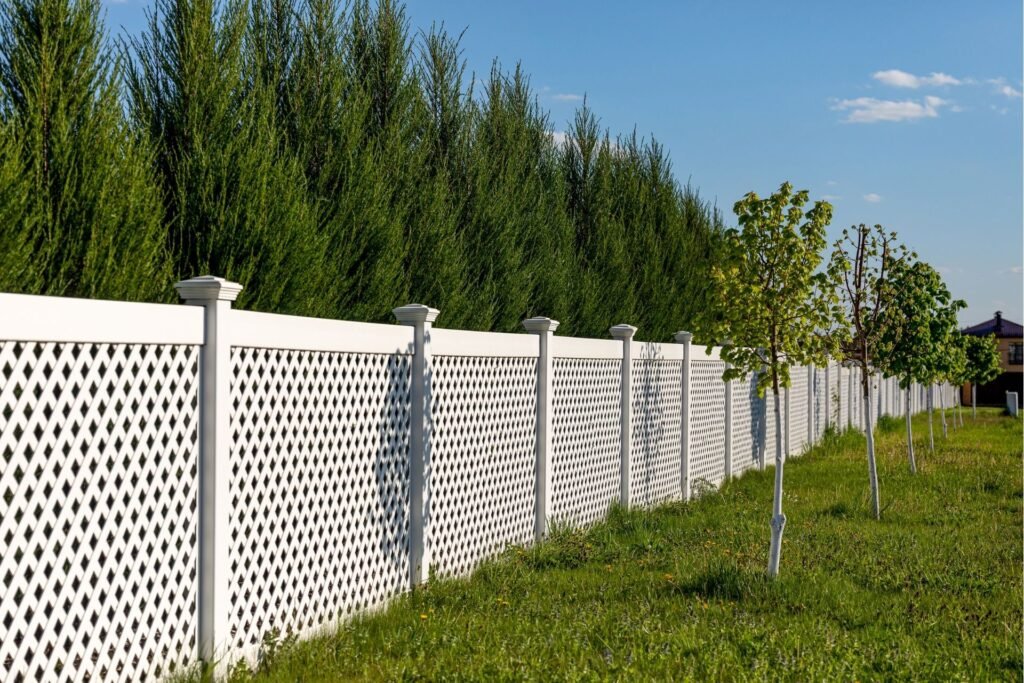
Cost-Saving Tips
Building or renovating a fence can be a significant investment, but there are several strategies to help you save money without compromising on quality or durability. Here are some key cost-saving tips to consider:
Choosing the Right Material
When selecting materials for your fence, it’s essential to strike a balance between upfront costs and long-term savings. While it might be tempting to go for the cheapest option available, this approach can backfire if the materials aren’t durable. Instead, consider materials that offer good value for money over time. For example, treated wood might cost more initially than untreated wood, but it will last longer and require less maintenance, saving you money in the long run. Similarly, materials like vinyl or composite, though more expensive upfront, can be more cost-effective due to their longevity and low maintenance requirements.
DIY vs. Professional Installation
Deciding whether to install your fence yourself or hire a professional is another crucial consideration. Doing it yourself can save on labor costs, but it’s important to weigh the pros and cons. DIY installation can be rewarding and economical if you have the necessary skills and tools. However, it can also be time-consuming and challenging, especially for larger projects or those requiring precise measurements and alignment.
On the other hand, hiring a professional can ensure a high-quality job and potentially avoid costly mistakes. To find reliable and affordable professionals, seek recommendations from friends or family, read online reviews, and get multiple quotes to compare prices. Remember, the cheapest quote isn’t always the best; consider the contractor’s experience and reputation as well.
Bulk Purchases and Off-Season Discounts
One effective way to reduce costs is by taking advantage of bulk purchases and off-season discounts. Buying materials in bulk can often secure a lower price per unit, which is especially beneficial for larger projects. Additionally, many suppliers offer significant discounts during the off-season when demand is lower. Planning your project during these times can lead to substantial savings. It’s worth checking with suppliers or contractors about their seasonal pricing and bulk purchase options to make the most of these potential discounts.
Regular Maintenance
Investing in regular maintenance is a cost-effective way to extend the lifespan of your fence and avoid expensive repairs down the line. Simple practices like cleaning the fence regularly, checking for and repairing any damage promptly, and applying protective treatments can keep your fence in good condition for many years. For wooden fences, this might include staining or sealing to protect against weather damage. For metal fences, rust prevention and treatment are crucial. By keeping up with these maintenance tasks, you can prevent minor issues from becoming major problems, ultimately saving money on costly repairs or replacements.
By carefully considering your material choices, evaluating the pros and cons of DIY versus professional installation, leveraging bulk purchases and seasonal discounts, and committing to regular maintenance, you can significantly reduce the overall cost of your fencing project. These strategies not only help you save money but also ensure that your fence remains functional and attractive for years to come.
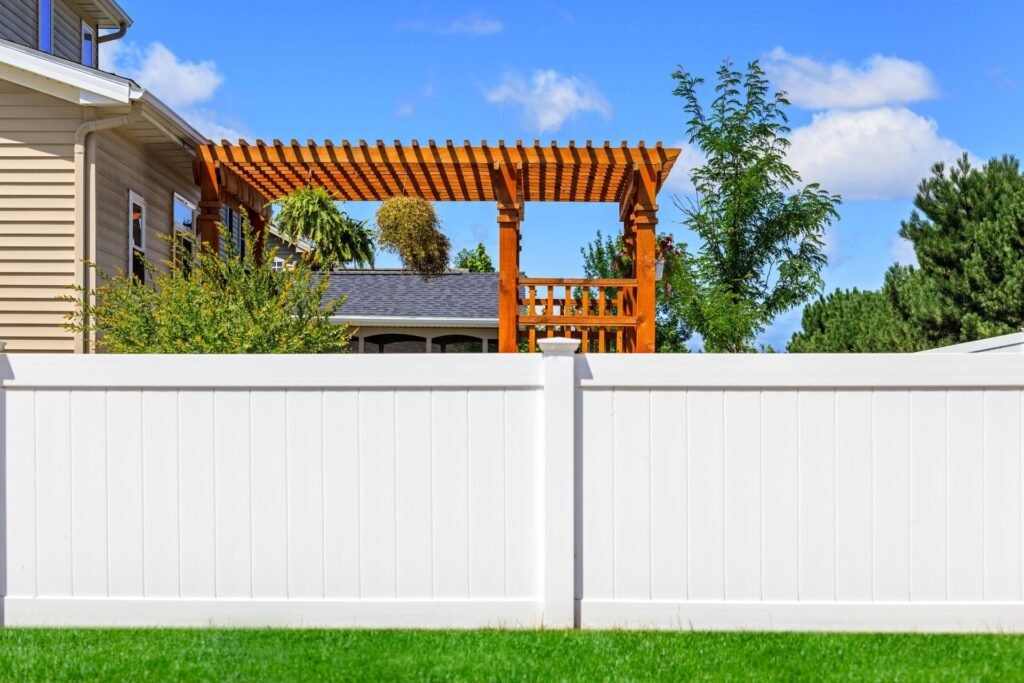
FAQs: About Fencing Costs Per Meter In New Zealand
What is the average cost of wooden fencing per meter in New Zealand?
The average cost of wooden fencing in New Zealand ranges from $75 to $120 per meter, depending on the type of wood and the complexity of the design.
How much does metal fencing cost per meter in New Zealand?
Metal fencing typically costs between $90 and $150 per meter. The price can vary based on the type of metal used and the design of the fence.
Are vinyl and composite fences more expensive than wooden and metal fences?
Yes, vinyl and composite fences generally cost more, ranging from $100 to $200 per meter. These materials are known for their durability and low maintenance requirements.
What factors influence the cost of fencing per meter in New Zealand?
Several factors influence fencing costs, including the material, labor, terrain, height, design, and any required permits or regulations.
Is it cheaper to install a fence yourself or hire a professional?
DIY installation can be cheaper if you have the necessary skills and tools. However, hiring a professional ensures the job is done correctly and can save time and potential additional costs from mistakes.
Do fencing costs vary based on location in New Zealand?
Yes, fencing costs can vary based on location due to differences in labor rates and material availability. Urban areas may have higher labor costs compared to rural areas.
What additional costs should I consider when planning a fencing project?
In addition to material and labor costs, consider costs for permits, site preparation, and any additional features like gates or decorative elements.
How can I save money on my fencing project?
You can save money by choosing cost-effective materials, doing some of the work yourself, purchasing materials in bulk, and taking advantage of off-season discounts.
How often do I need to maintain my fence, and what are the costs?
Maintenance frequency and costs depend on the material. Wooden fences may need regular painting or staining, while vinyl and composite fences require less maintenance. Budget for periodic cleaning and minor repairs.
Do I need a permit to install a fence in New Zealand?
Permit requirements vary by region and the type of fence you plan to install. Check with your local council to determine if you need a permit and what the associated costs might be.
Conclusion
In conclusion, we’ve explored the various factors that influence the cost of fencing in New Zealand, from the types of materials available, like timber, vinyl, and metal, to the additional expenses such as labor, permits, and maintenance. Understanding these elements can help you make informed decisions that suit your budget and needs. When approaching your fencing project, it’s crucial to balance quality with cost-effectiveness. Thoughtful planning, such as selecting durable materials and considering long-term maintenance, can save money in the long run. Finally, don’t hesitate to consult with professionals to ensure your fencing project is executed efficiently and meets all regulatory requirements. With careful consideration and expert guidance, you can achieve a durable, aesthetically pleasing fence that enhances your property while staying within budget.
About the Author:
Mike Veail is a recognized digital marketing expert with over 6 years of experience in helping tradespeople and small businesses thrive online. A former quantity surveyor, Mike combines deep industry knowledge with hands-on expertise in SEO and Google Ads. His marketing strategies are tailored to the specific needs of the trades sector, helping businesses increase visibility and generate more leads through proven, ethical methods.
Mike has successfully partnered with numerous companies, establishing a track record of delivering measurable results. His work has been featured across various platforms that showcase his expertise in lead generation and online marketing for the trades sector.
Learn more about Mike's experience and services at https://theleadguy.online or follow him on social media:


